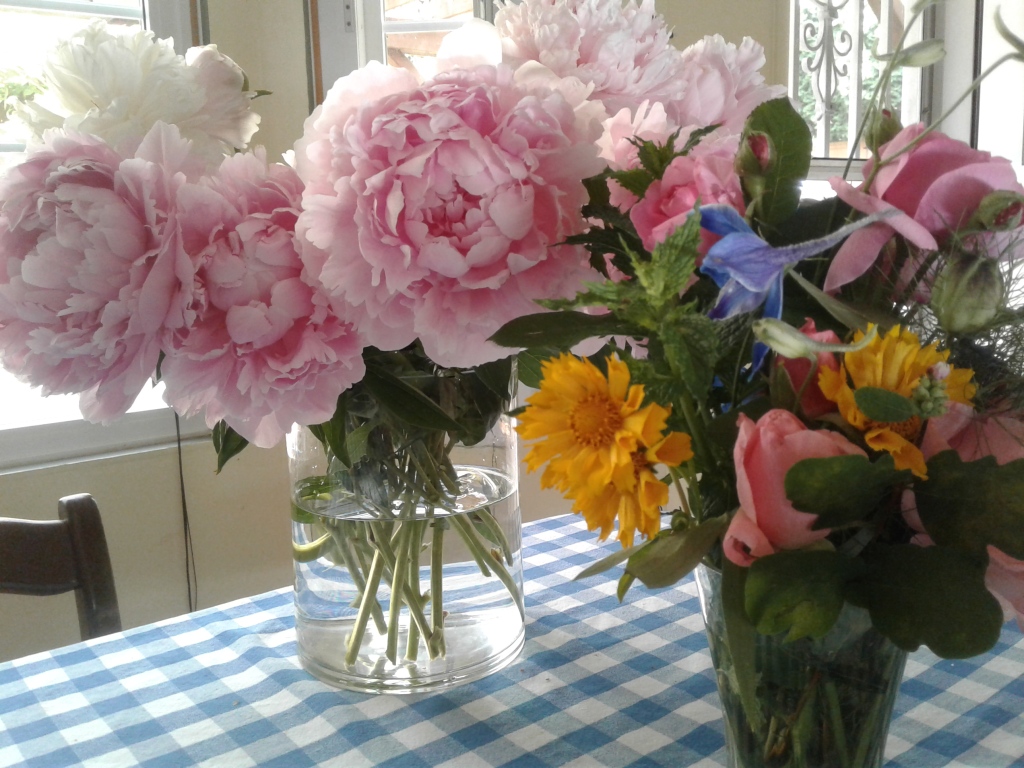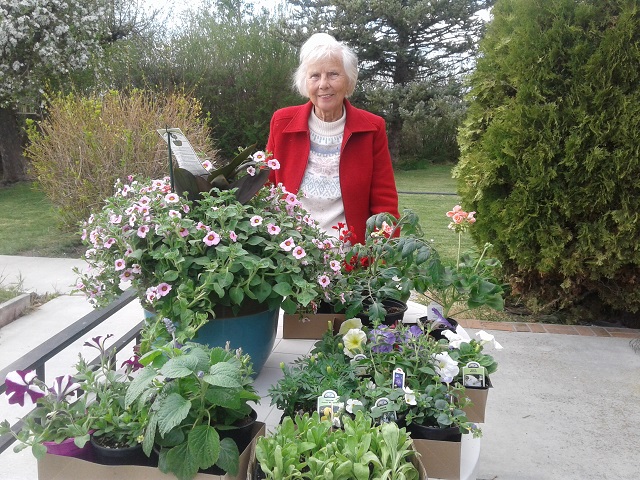This is the second post in a series on hospitality–one of my favorite topics. Today I’m continuing with thoughts from the workshop I hosted/facilitated last fall.
Hospitality has become an old, tired, worn out word. (When I made this statement several women nodded their heads in enthusiastic agreement.) Co-opted by the hotel/motel/restaurant industry the term now belongs almost exclusively to profit making machines, educational programs, and customers. And on the home front hospitality has largely given way to the idea of entertaining rather than generous and kind invitation to be together. While there is completely valid space for the “hospitality industry” and “entertaining” the concept and practice of welcoming people into home and personal space has not kept up–at least not in ways that are readily visible to many people. You don’t have to look far to find all kinds of reports and studies about the high levels of loneliness and isolation in our culture today, some of which could certainly be alleviated by either inviting, or being invited to join in around a table. And on that note we started our conversation.
My story of how I came to understand the meaning of hospitality.
My early years were spent mostly in the company of my grandparents. And like most grandparents of the day they spoke the language of a different era. Their speech was much more formal and their words were often big, and important sounding. My grandmother had been an educator and so was dedicated to teaching me to speak well, which of course required a large working vocabulary. I picked up many of their words simply by listening to them talk together, the context usually being crystal clear because of the experiences we shared together.
John and Beth, like most deeply bonded couples, finished sentences and thoughts for one another. They enjoyed a good turn of phrase and occasional word play, but most of the time they spoke clearly and with sincere feeling. One of the first phrases I learned from them was about hospitality.
We had just bundled into our “wraps” and were settling into the car for the ride home after having coffee and dessert in the home of some friends and their talk locked these words in my mind, becoming part of my permanent vocabulary:
Granddad: My, but they were hospitable. Grandma: Yes, so gracious and accommodating.
It could have been either one of them starting this bit of conversation that I heard many times throughout the years but the outcome was always the same–one started, the other one finished. Someone being hospitable was a kind, warm-hearted and generous act that we enjoyed and appreciated, and the easy welcoming of us into their home and world was called, “gracious and accommodating”. Even at four years old I understood this.
Taking a closer look at these beautiful words:
Being hospitable conveys the thought of being generous and open-handed in receiving guests. It shows a spirit of generosity that has nothing to do with how much money a person has, or how big their home is.
Graciousness is all about being sincerely kind, courteous, and pleasant. Compassion and mercy also play into this way of being.
Accommodation signifies the willingness to adapt or fit in with someone’s needs or wishes. To cooperate, assist, and serve.
Hospitality + Graciousness + Accommodation. In other words, moving in a spirit of generosity to kindly and sincerely make room for other people in our lives. This is a highly creative path that allows the giver and the recipient to flourish and grow.
It is true that hospitality is a mind set that allows us to accommodate people in a wide variety of circumstances, but in this case we’re talking about it mostly in the context of making space at our tables to share our lives we, to fill stomachs with food, and hearts and minds with acceptance and care.
In the next post I’ll write about some of the ideas and experiences shared by the workshop participants.




